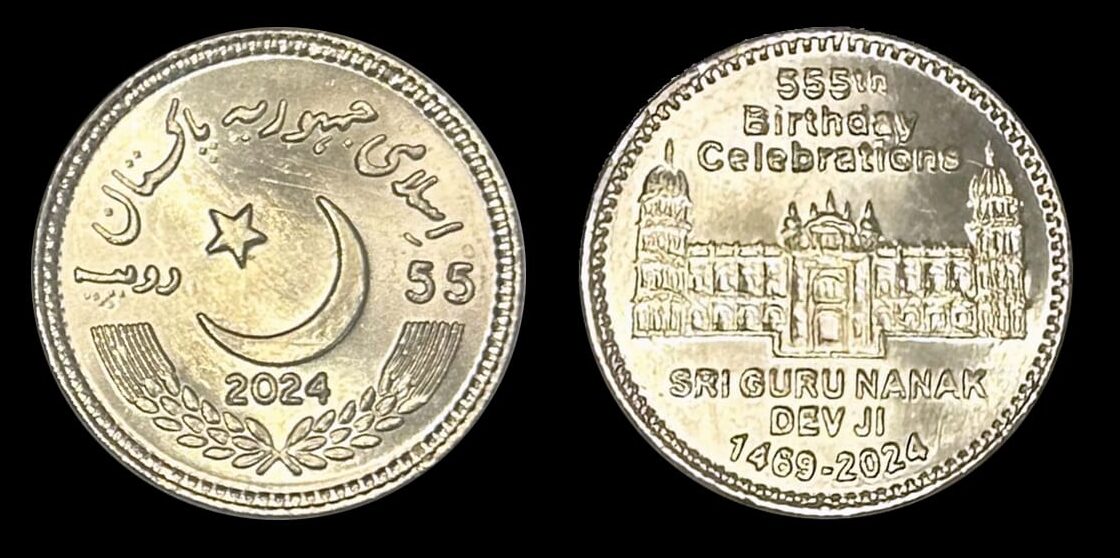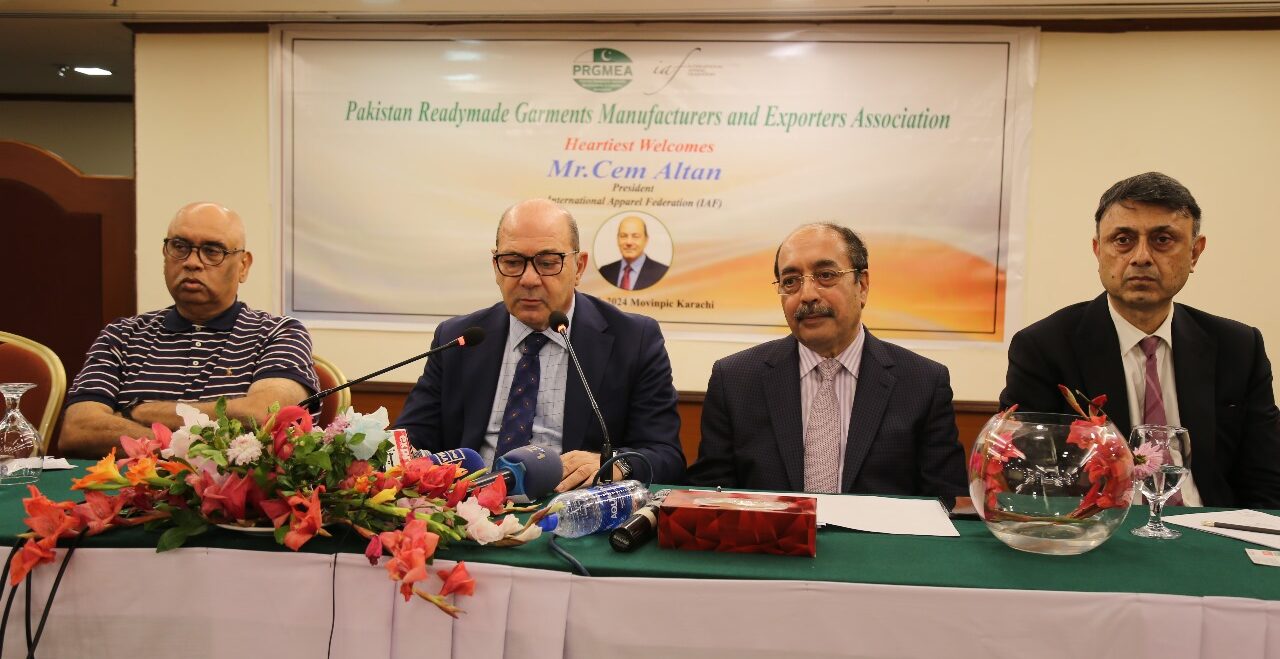“So far, Pakistan has done a commendable job of keeping relations with both US and China”, said Humayun Akhtar Khan Chair and CEO of the Institute for Policy Reforms at an online seminar held today on the US-China tensions and its implications for Pakistan. A distinguished panel of speakers shared their ideas, including Dr. Anatol Lieven, Ambassador Riaz Khokharformer Foreign Secretaryand former DG ISI, General Asad Durrani.
Anatol Lievensaid that he hoped a new Cold War between the US and China could be avoided, but it seems that there is a bipartisan consensus in the United States to view China as an adversary, despite whoever wins in the next US elections.
However, there are major differences from the current situation and the previous Cold War. During the last Cold War, America and Soviet Union had very limited economic relations. China and USA on the other hand, are deeply interconnected and interdependent because of their economies. This makes the situation complicated for the two countries. Also, the US is no longer as before.
After the Vietnam war USA has avoided casualties of their troops. The US public is opposed to new combat.He hoped that Pakistan would not be forced into taking sides between US and China. Regarding the recent Sino-Indian tensions, Prof. Anatol stated that the key question will be just how far the US goes in supporting and backing India against China.
Ambassador Khokhar, said that while the cold war with the former USSR has ended, it now seems that a new cold war industry has begun. There is obviously deep concern about the state of international relations.Now with the COVID-19 pandemic, the world stands transformed.
There is great unhappiness that the international community has not been able to come together on this issue, mainly because the principal global leader, the UShasn’t shown leadership.
Riaz Khokhar also said that the upcoming US elections has ratcheted up the tension. President Trump must act tough to win over his right-wing nationalist supporters. Also,President Trump has begun some rash foreign policy initiatives.
Of late, USA’s unpredictability has become a source of concern. United States is pressurizing Chinawith its military presence. It will also pressure its allies for support. In return, China is also forming counter policies to defend its interests and to oppose US hegemony.
Former DG ISI, Asad Durrani, said that the US and China are heading towards a “Thucydides Trap’ a terminology that predicts that when a rising power threatens to unsettle the ruling power, the end result is war. Asad Durrani felt that an eventual war between the two powers seems very possible. Both sides are now in the process of establishing future alliances. USA is depending on the Quad with Australia, India, New Zealand, and Japan.
While China will ally with Russia, Pakistan and possibly Iran. While concluding the seminar, Chairman IPR, Humayun Akhtar Khan said that the evolution of the current rivalry between China and US may determine how events unfold in the coming years, for the world in general and our region. Although the competition between US and China seems an uneven one, it is nonetheless real.
He said that for our region, this is a vital issue and holds a key to how our part of the world evolves. There is the promise arising from considerations of geography, connectivity and shifting economic gravity. Until now, many people thought that prosperity in the region is possible depending on whether its leaders agree to work together and how each country takes up internal reforms.
But a lose-lose rivalry between two world powers, that could unravel the global trade and investment infrastructure, carefully put together since the 1950s, and which could conceivably divide the world economy into two competing camps would be a setback. To begin with, it would diminish both US and China. And it will hurt all economies.


























































































































































































































































































